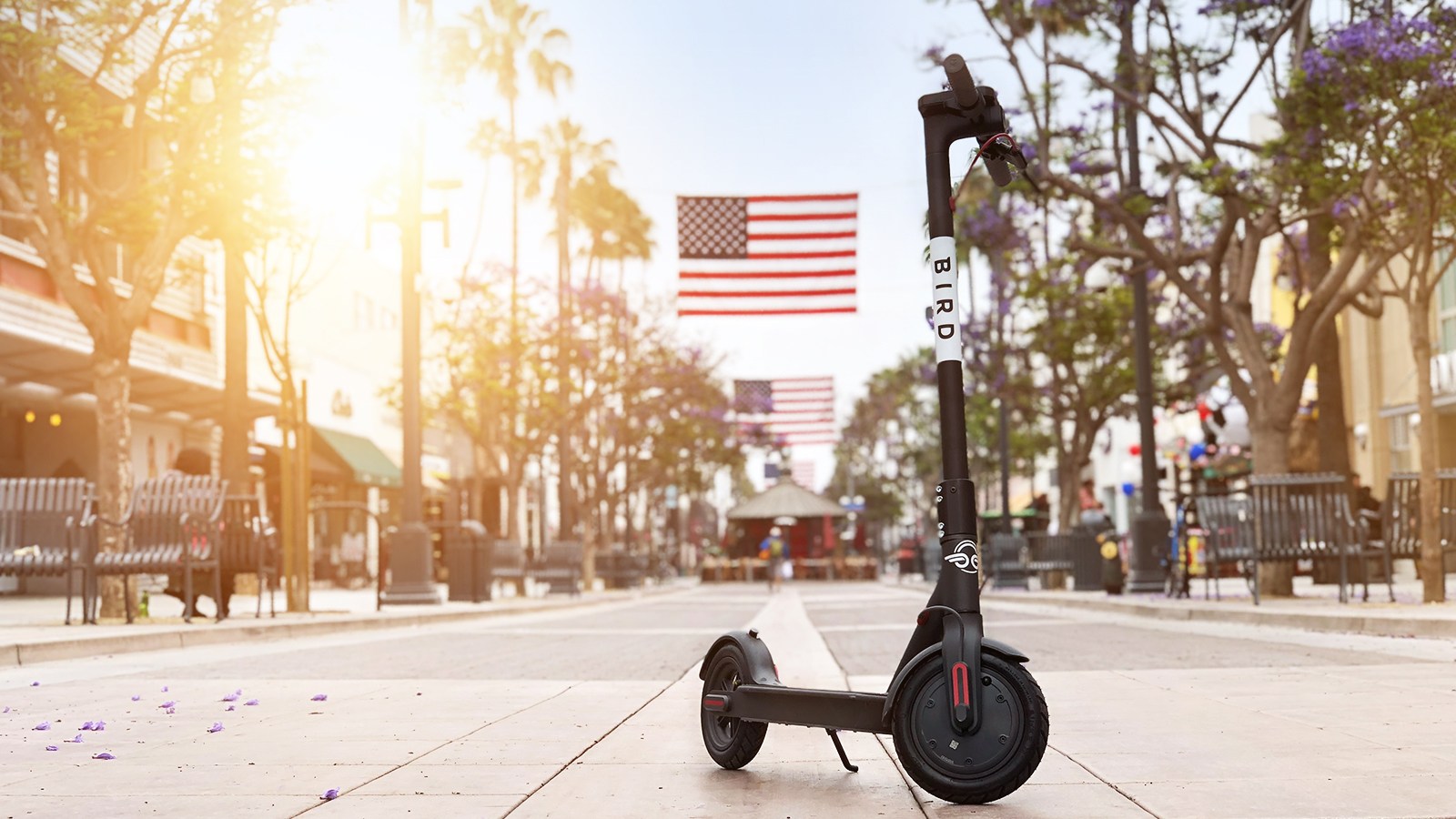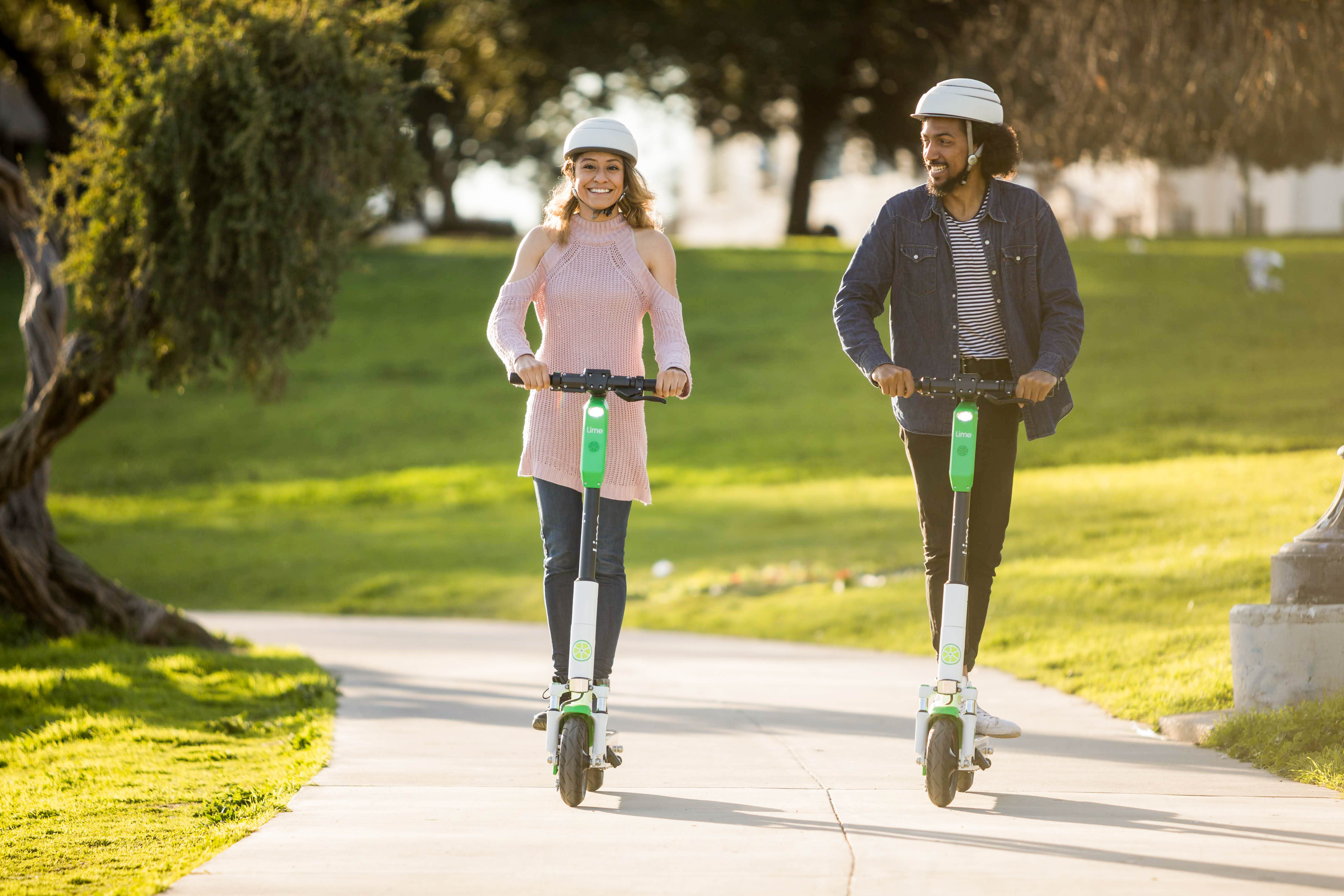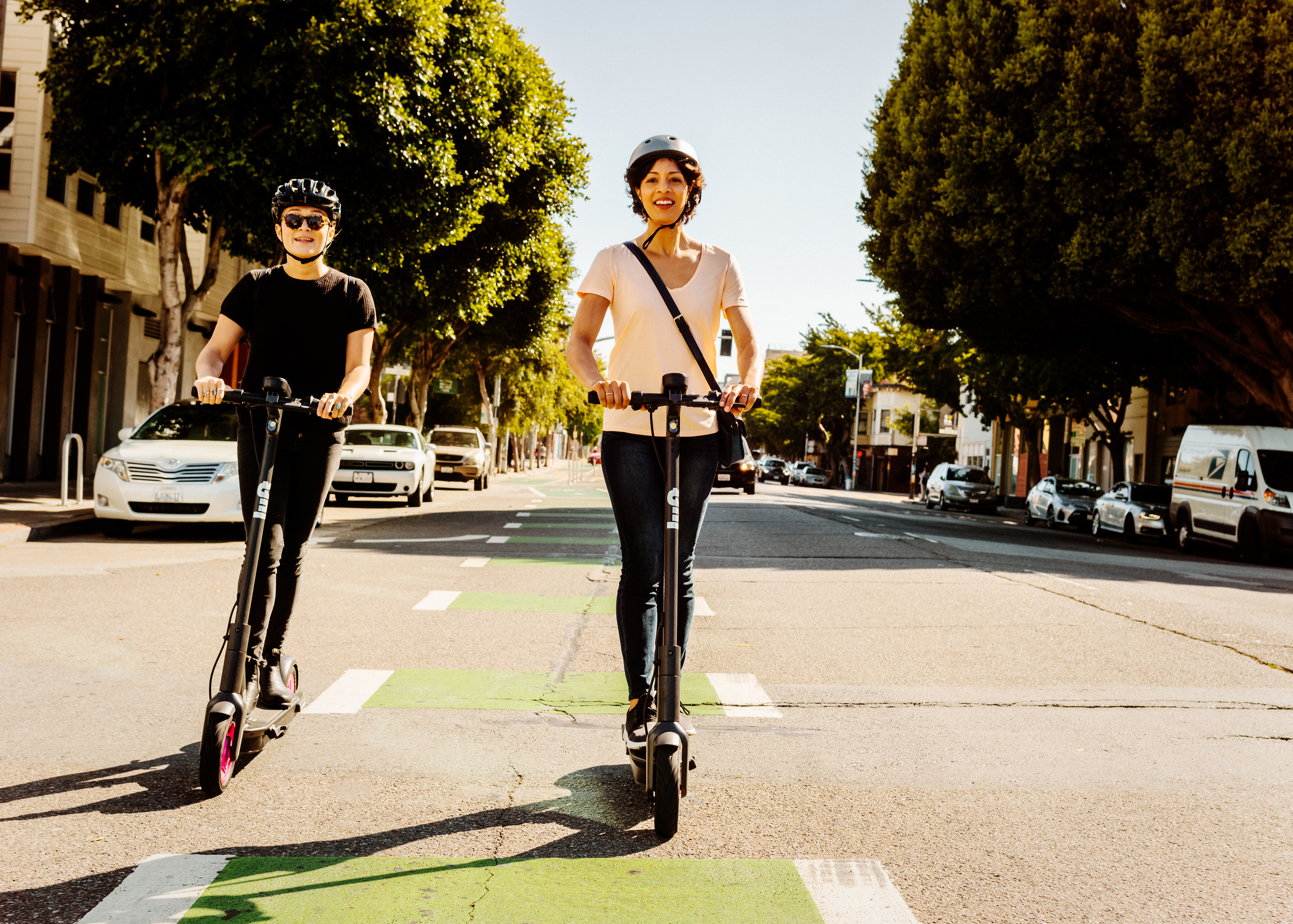

Electric scooters may be street-legal in the US, but you cannot simply hop on one without knowing and following the rules of the road. Unfortunately, traffic laws regarding them are neither as clear to riders as they should be nor often enforced.
To be fair, these micromobility vehicles haven’t been around for very long, and e-scooter laws do differ from state to state, so this isn’t entirely surprising. Add to that the fact they don’t require riders to pass an e-scooter specific DMV test, people can get away with riding them without specific knowledge of motorized scooter laws.
However, with rental and ride-sharing e-scooters now prevalent in many cities around the country and more eco-conscious individuals turning to this alternative form of transport, this lack of familiarity to these rules and regulations is only adding to the controversy surrounding these vehicles. Even progressive cities like Los Angeles are seeing a pushback against dockless electric scooters.
Considering that the best electric scooters can help reduce traffic congestion, air pollution, and carbon footprint, as well as come with a wealth of advantages to its users, this is a shame. The good thing is that it isn’t too late. Knowing what you can and cannot do while riding e-scooters can help bring these greener modes of transport back to the general public’s good graces.
Here’s a primer of what you need to know.
What are the federal vehicle regulations regarding motorized scooters?
Federal Motor Vehicle Safety Standards regarding electric scooters aren’t as straightforward and clear cut as you might think, due mostly to the fact they are fairly new technology and not as widely used as cars. Furthermore, each state in the US also has its own set of laws for micromobility vehicles.
With all this confusion, is it a wonder that one in four users, according to Consumer Reports, is uncertain of what rules to follow when riding an e-scooter? Still, e-scooter federal laws do exist, and it’s important to know what they are before taking one out for a spin.
Sign up to the T3 newsletter for smarter living straight to your inbox
Get all the latest news, reviews, deals and buying guides on gorgeous tech, home and active products from the T3 experts
Under the H.R. 727 amendment of the Consumer Product Safety Act, “low-speed bicycles,” or “two- or three-wheeled vehicle with fully operable pedals and an electric motor of less than 750 watts, whose maximum speed on a paved level surface, when powered solely by such a motor while ridden by an operator who weighs 170 pounds, is less than 20 mph” is considered legal. While no equivalent law exists for electric scooters, it’s generally accepted for e-scooters to fall under this category.
- How to ride an electric scooter safely: tips for staying safe on the road
E-scooters, therefore, are allowed on roads with or without bicycle lanes as long as they are running under 25 mph. In addition, riders must stay close to the curb as well as follow driving and traffic rules like driving on the right side of the road, observing traffic signals, and yielding to pedestrians.
Just bear in mind, again, that each state has its own set of laws governing the use of e-scooters on public roads. You’d also need to familiarize yourself with these state-specific rules, which you can find those state laws here.

Are cities imposing their own regulations and restrictions?
To make matters all the more perplexing and complicated, some of the big cities have enforced their own restrictions on electric scooters.
For example, the greater Los Angeles area largely follows California’s 2019 motorized scooter law, which dictates that they are limited to travel at a maximum speed of 15 mph on public roads, regardless of speed limits, and that all riders must wear “a properly fitted and fastened helmet meeting specified standards.” In addition, riders are required to have a valid driver’s license and are prohibited from riding them on sidewalks.
However, such cities as Beverly Hills and West Hollywood have enforced bans on these two-wheeled transports. Beverly Hills have banned them altogether. Meanwhile, West Hollywood has prohibited e-scooter sharing companies from operating within city limits – although riding one that you own or have rented from a neighboring area is allowed.
- Electric scooter maintenance: the essential guide to keeping your e-scooter running
New York City has a more turbulent relationship with electric scooters. The largest city in the US originally enforced a ban on them, deeming them a nuisance. However, after a couple of years of back and forth, it finally passed a law legalizing their use, albeit with a few caveats. As of late 2020, riders can once again operate electric scooters that can travel up to 20 mph on the streets of NYC, granted that they’re over 16 years old and wear helmets if they’re under 18.
Another major caveat here is that only individual-owned e-scooters are street-legal. Fans and users of Lime or Bird will be disappointed to learn that shared electric scooters are still prohibited. For now, at least. A two-year pilot program for shared e-scooters is slated to take effect by May 2021, though that will exclude Manhattan.
As far as the third biggest city in the US, the future of electric scooters in the city remains uncertain. Chicago might just be the most ideal place for electric scooters because of its wide streets and incredibly flat topography, not to mention extensive bike paths. It’s a place where motorized two-wheeled vehicles can truly thrive.
Unfortunately, the city has been pretty adamant about properly assessing the viability of e-scooter use in the long term, running one pilot program for shared e-scooters in 2019 then another in 2020. At the moment, it’s currently evaluating the success (or failure) of that program to decide whether or not to officially legalize the use of e-scooters on the streets.

What to know when using electric scooters for hire in the US?
Scooter sharing companies might be awaiting verdicts in NYC and Chicago, but their services are already well-established in many cities in the US, from Los Angeles and San Francisco to Tampa and Orlando in Florida.
There are also quite a few companies out there with fleets of dockless scooters. In fact, during Chicago’s second pilot program, a total of 10 e-scooter companies were given permission to participate. The biggest ones, however, are Lime, Bird, Bolt, Spin, Jump by Uber, and Lyft, with Lime being available in more than 120 cities around the world and Bird already deployed in 100 cities globally.
Most of these e-scooter sharing companies offer short-term rentals that last anywhere from a few minutes to a couple of hours, typically charging riders an initial “unlocking” fee on top of a per-minute rate. Lime scooters, for example, cost $1 to unlock, and about $0.15 per minute of use. As does Bird, which also offers long-term rentals from $25 per month. Meanwhile, Lyft can charge up to $0.29 per minute and Spin rides can cost up to $0.39 per minute. These rates vary depending on location.
What also varies depending on location are the operating hours. In some cities, e-scooters are only available during certain hours, while in others they are available 24/7. This won’t matter, of course, if you’re renting an e-scooter monthly. However, if you’re relying on short-term rentals, be sure to double-check operating hours specific to the city you’re in.
On top of the location-specific e-scooter laws that you need to know and observe, of course.
Liked this? Read more below…
- Best electric scooter: top e-scooters for adults
- Are electric scooters legal in the UK?
Michelle Rae Uy is a tech and travel journalist, editor and photographer with a bad case of wanderlust. She is a regular contributor for IGN, TechRadar and Business Insider, and has contributed to Thrillist, Paste Magazine, Nylon, Fodor's and Steve's Digicams. Living mainly in California with her adorable cats, she splits her time between Los Angeles, London and the rest of the world.
-
 The 5 most efficient exercises for adding strength and size
The 5 most efficient exercises for adding strength and sizeExercise Scientist Dr. Mike Israetel says these are the lifts you should prioritise if you want to get jacked and strong
By Bryony Firth-Bernard
-
 One of the best villains in gaming is coming to Xbox Game Pass for free
One of the best villains in gaming is coming to Xbox Game Pass for freeAll Game Pass subscribers are getting one of the best single-player shooters of the decade
By Rik Henderson